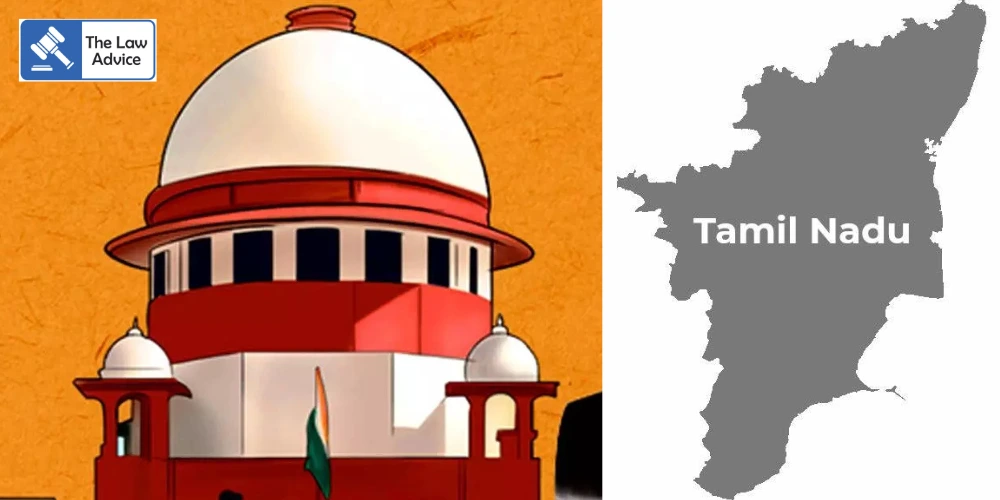
The Government of Tamil Nadu has approached the Supreme Court seeking a review of its recent judgment which required even pre-2009 appointees in the teaching cadre to compulsorily qualify the Teachers’ Eligibility Test (TET).
The apex court, in its September 1 ruling, had held that all teachers – including those appointed before the enactment of the Right of Children to Free and Compulsory Education Act, 2009 (RTE Act) – must acquire TET qualification within two years, provided they still have more than five years of service left.
Challenging this view, Tamil Nadu, in its review petition, has argued that the direction is based on a misinterpretation of Section 23 of the RTE Act. The State maintains that the TET mandate was intended only for those recruited after the RTE Act came into effect on April 1, 2010, especially under the relaxed norms notified by the Central Government to address teacher shortages. Teachers appointed prior to the Act, under valid and existing service rules, the State contends, were never intended to be covered by the mandate.
The plea stresses that Section 23(1) of the Act operates as a general clause, prescribing qualifications for future appointments. By contrast, Section 23(2) is a specific provision allowing the Central Government to relax the minimum qualifications for up to five years, in case of inadequate availability of trained teachers. Importantly, the proviso to Section 23(2) – which requires teachers appointed during the relaxation period to acquire the prescribed qualification within five years – must be read in this limited context, and not retrospectively applied to teachers appointed before 2010.
According to the State, any broader interpretation would effectively invalidate thousands of long-serving teachers who were lawfully appointed, amounting to retrospective disqualification, which neither the legislation intended nor service law permits.
The review petition highlights that several States – including Tamil Nadu, West Bengal, and Odisha – had sought relaxation under Section 23(2) owing to limited teacher training infrastructure at the time. In Tamil Nadu alone, out of 4,49,850 government school teachers, nearly 3,90,458 remain without TET certification. If the Court’s ruling is enforced in its present form, the State warns, there would be an “imminent collapse” of the education system. Mass disqualification would leave lakhs of teachers jobless and millions of children without instructors, directly impinging upon their fundamental right to education under Article 21A of the Constitution.
Further, the petition invokes the principle of proportionality. While the goal of raising teaching standards is acknowledged as valid, the State argues that the method chosen – retrospectively compelling pre-2010 appointees to clear TET – is manifestly disproportionate. Instead, less intrusive measures such as in-service training, refresher programs, capacity-building initiatives, and bridging courses could enhance teaching quality without jeopardizing livelihoods or destabilizing the education delivery mechanism.
The plea also expresses concern that forcing teachers to clear TET within two years would divert their focus away from classroom teaching towards exam preparation, thereby further deteriorating the quality of education. On the other hand, continuous professional development measures would meet the same policy objective without causing systemic disruption.
Accordingly, the State has urged the Supreme Court to clarify that the five-year TET mandate applies only prospectively, to appointments made after April 1, 2010 under relaxed norms, and not to those already serving prior to the Act’s commencement.
The petition has been filed through Advocate-on-Record Sabarish Subramanian and has been settled by Senior Advocate P. Wilson.
Website designed, developed and maintained by webexy